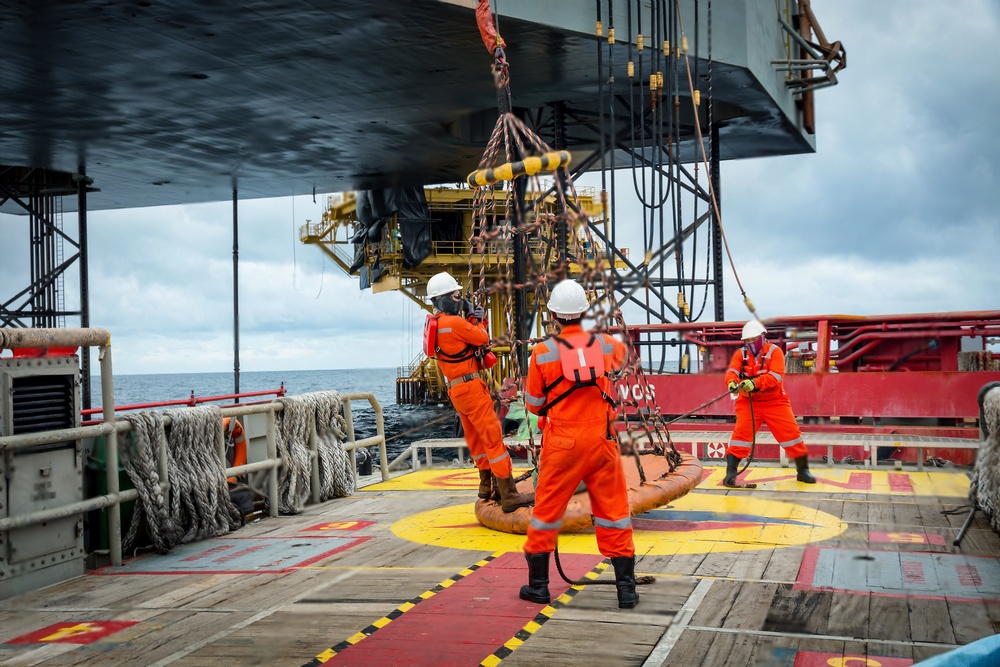Crew Management
Offshore crew management involves the planning, organization, and coordination of personnel working in offshore locations, typically in the oil and gas industry.

CREW MANAGEMENT
Offshore crew management involves the planning, organization, and coordination of personnel working in offshore locations, typically in the oil and gas industry. Effective crew management is crucial for ensuring the safety, efficiency, and success of offshore operations. Here are key aspects of offshore crew management:
Recruitment and Selection: Crew managers are responsible for identifying and hiring qualified personnel for various roles on offshore installations. This includes assessing candidates' skills, certifications, and experience relevant to the specific tasks and responsibilities associated with offshore work.
Rotations and Scheduling: Offshore work often involves rotations where crew members spend a certain period of time on the offshore installation followed by time off onshore. Crew managers must establish rotation schedules that balance workload, fatigue management, and the well-being of the crew.
Health and Safety: Ensuring the health and safety of offshore personnel is a top priority. Crew managers work to implement and enforce safety protocols, conduct regular safety drills, and provide the necessary equipment and training to handle emergencies.
Performance Monitoring and Evaluation: Crew managers monitor the performance of individuals and the overall team. Regular evaluations help identify areas for improvement, provide feedback, and ensure that crew members meet the required standards.
Communication and Coordination: Effective communication is essential for offshore crew management. This includes clear communication of tasks, expectations, and emergency procedures. Coordination with onshore teams, regulatory bodies, and other stakeholders is also part of the communication process.
Compliance and Regulations: Crew managers must stay informed about and ensure compliance with industry regulations, environmental standards, and health and safety guidelines. This includes keeping up-to-date with changes in regulations and implementing necessary adjustments in crew management practices.
Offshore crew management requires a strategic and organized approach to address the unique challenges of working in remote and often harsh environments. The goal is to maintain a skilled and motivated workforce while prioritizing safety and regulatory compliance.
Our crew manning activities therefore encompasses 1) Crew rotation planning 2) Crew recruitment and assessment 3) Recruitment and assessment of candidates 4) Crew operations 5) Training 6) Crew Promotion 7) Evaluation report and retention of crew 8) Briefing and debriefing of crew
